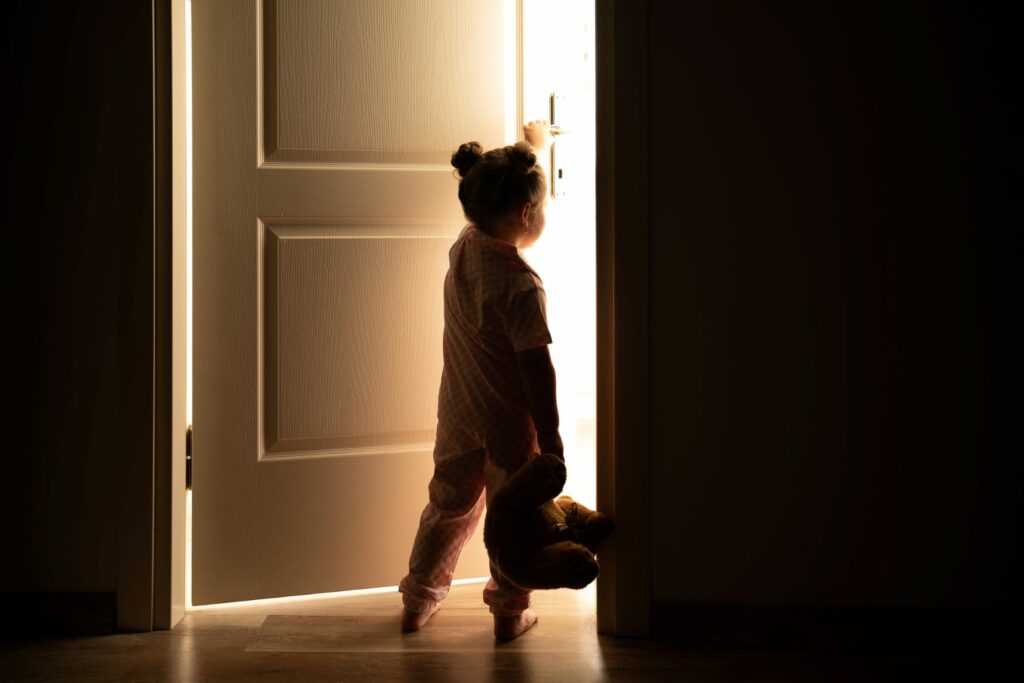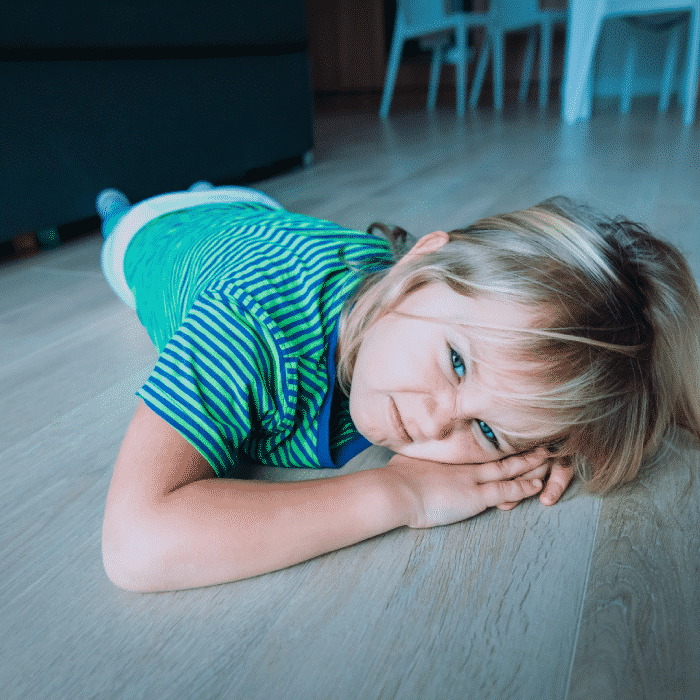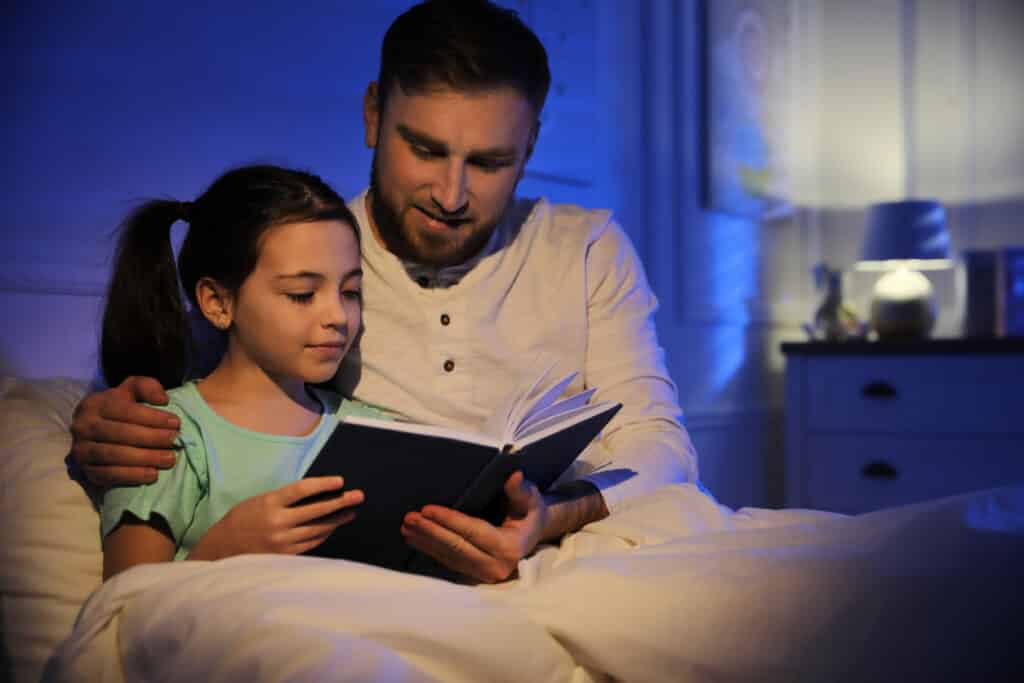Daylight Savings, whether it is coming to an end or just beginning, can really get under people’s and especially parent’s skin. I don’t blame you and I am right there with you! It is logical that the shift of your child’s sleep, eating and activity patterns by an entire hour will be felt. It affects not only children’s sleep patterns, but adults as well. In fact, statistically, there is an 8% increase in traffic accidents the Monday after daylight savings time kicks in. It can increase our sleep debt, especially in children, who tend to be much more structured in their morning routine and their bedtime routine. So, you can see why, in my profession, I don’t like either time change, and there is a great debate going on about getting rid of it all together! They have my vote! But that is not the point of this article! Today, I am going to give you some tips on how to get through this dreaded time! Many parents just try to ignore that it is even happening, therefore not assisting their child through the transition. That’s not your fault! Read on to learn a few strategies to make it even easier!
Strategy A- “Start Early”:
Step 1: Since we will be moving backwards with our clocks, you will want to move forward in increments before the transition happens. So first, jot down the times that your child wakes up, eats, and goes to bed. Step 2: Do gradual shifts over 2-4 days, either:
- Shifting in 30-minute increments in the 2 days leading up to the time change.
- Shifting in 15-minute increments in the 4 days leading up to the time change.
Example for 4 days: If your child currently goes to bed at 7:00 pm, then you will want to start shifting them forwards 4 days in advance, so: 7:15 pm, 7:30, 7:45, 8:00 pm. Step 3: Make sure that you shift everything else as well! So, morning wake up, lunch and dinner.
Strategy B: “Split the Difference”
Step 1: My recommendation to all parents is just to leave the clocks alone so it’s not a psychologically upsetting event to see your little one up an hour earlier. Just get up at your usual time and start the day. After your cup of coffee and a bit of breakfast, then you can go around changing the clocks. It will feel much better this way, trust me! Step 2: That day, you are going to adjust the child’s naps and bedtime by a half hour. If your child does not nap, that is fine, just shift the bedtime and the wakeup time. Step 3: On the fourth night, just get in line with the new time so your baby is back to going to bed when the clock says 7:00 pm. Adjust naps to the correct time on day 4 as well. Example (Baby): If your little one usually takes a morning nap around 9:30, you will adjust this to 9:00 for the three days after the time change. It will be a bit of a push for your child, but not so much that it will cause much damage to her schedule. Do the same for the afternoon nap. If your little one goes to sleep at 7:00 p.m., then put that child to bed at 6:30 p.m. for the first three days following the time change. (This will FEEL like 7:30 to your child.) Example (Toddler): If you have children over the age of two, you can put a digital clock in the room and put a piece of tape over the minutes, so that they can see if it is 6:0o pm or 7:00 pm, but they cannot see the minutes. Set the clock forward half an hour so that at 6:30 it says 7:00 and let them get up a little earlier than normal, knowing that, by the end of the week, they will be back on track and sleep until their normal wakeup time. Overall, it will take about a week for your child’s body to get used to this shift. It takes everyone’s bodies, even adults, roughly one week to adjust to any kind of change in sleeping habits. So be patient. You will most likely see some mood and possible behavior changes in your child and possibly in your spouse as well! So, go easy on them, it will all “fall back” into place, and we will forget about it, until spring comes along!
Missy Morrison Charko is a Certified Sleep Sense Consultant and Founder of Say Yes to the Rest Pediatric Sleep Consulting. She resides in British Columbia with her husband and two young children. She provides private sleep consultations within the Thompson-Okanagan Region and remotely across Canada and the USA. You can visit her website: www.sayyestotherest.com for more information.













